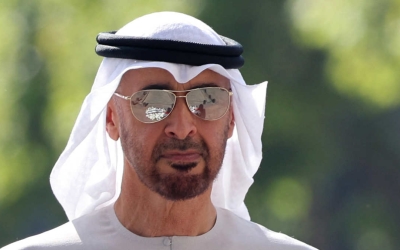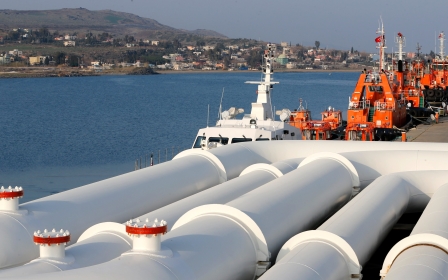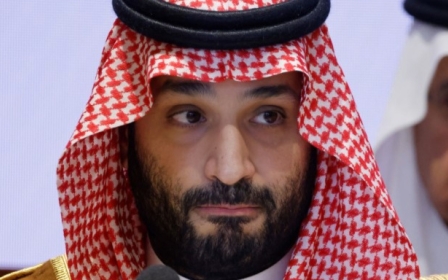Oil prices plunge as Israel backs off from threat to bomb Iranian facilities
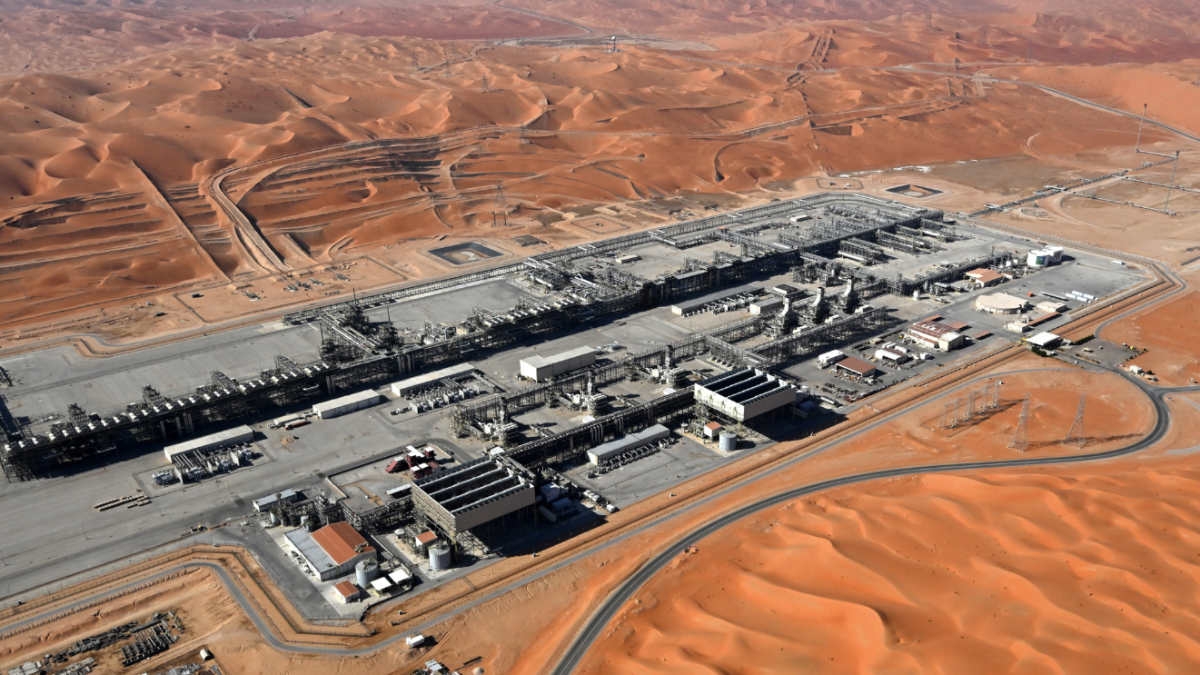
Oil prices plummeted on Tuesday amid receding fears that Israel would bomb Iran’s oil infrastructure and reports that Saudi Arabia may be poised to increase production.
Brent crude, the global benchmark, dropped 4.6 percent on Tuesday to $73.91 per barrel.
This steep decline means oil prices have given up nearly all the gains made after Iran’s ballistic missile attack on Israel earlier this month.
Following the strike, President Joe Biden said the US and Israel were discussing bombing Iran’s oil facilities. Biden later walked back the comments, saying: “If I were in their shoes, I would be thinking about other alternatives than striking Iranian oil fields.”
Iran signalled to Gulf states that it would likely retaliate for the strikes by targeting their oil facilities. It also reiterated previous warnings that it could close the Strait of Hormuz, the key Persian Gulf sea lane through which one in five barrels of global crude consumption passes each day.
New MEE newsletter: Jerusalem Dispatch
Sign up to get the latest insights and analysis on Israel-Palestine, alongside Turkey Unpacked and other MEE newsletters
The escalating threats sent the price of Brent above $80 per barrel.
The Biden administration and Gulf states worked behind the scenes to prevent an Israeli attack, analysts say. Last week, Saudi Crown Prince Mohammed bin Salman hosted Iranian Foreign Minister Abbas Araghchi.
On Monday, the Washington Post reported that Israeli Prime Minister Benjamin Netanyahu informed the Biden administration he would refrain from striking Iranian energy and nuclear facilities.
Last week, Middle East Eye reported that Iran had begun loading oil tankers at a key export terminal, signalling the risks of such strikes had ebbed.
China's oil demand plummets
Geopolitical news further pressuring oil prices was compounded by an International Energy Agency (IEA) report on Tuesday that trimmed next year's oil demand forecast, citing China’s weak economy.
The IEA revised its global oil demand forecast from 903,000 to 860,000 barrels per day, down by 40,000 barrels.
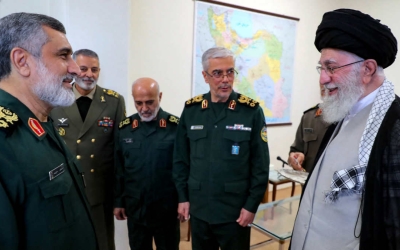
“Chinese oil demand continues to undershoot expectations and is the principal drag on overall growth,” the report said, noting that while China accounted for 70 percent of global oil demand growth in 2024, it will contribute just 20 percent this year and in 2025.
Geopolitical tensions, however, have masked what experts long identified as structural issues within the oil market that prevented prices from breaking out despite tensions in the Middle East.
In addition to weak demand in China, Saudi Arabia - the world’s largest oil exporter - has signalled it could boost supply, reversing its role of holding back production in recent years to support prices.
In September, the Financial Times reported that the kingdom was ready to abandon its unofficial price target of $100 per barrel of oil.
'Open the floodgates'
Saudi Arabia has led a push within an alliance of the Organization of the Petroleum Exporting Countries (Opec) and Russia, called Opec+, to cut oil production.
However, analysts say Saudi Arabia has been doing much of the heavy lifting to support prices, while countries like Russia and the UAE have increased production.
Meanwhile, non-Opec+ states, including Iran, have benefited by selling oil on the market at higher prices without limiting production.
Commodities firm Capital Economics published a report on Monday highlighting “deteriorating cohesion” within Opec+. “We think the possibility that Saudi Arabia could open the floodgates has increased in recent weeks,” the report's analysts said.
The slump in prices is beneficial for US Vice President Kamala Harris ahead of the 2024 election.
"The Biden administration does not want to antagonise American motorists before the election," Jim Krane, an energy expert at Rice University's Baker Institute, previously told MEE. “And the Gulf states don’t want this either.”
However, it is likely to raise concerns in Gulf capitals, where oil revenues are critical for funding vast mega-projects aimed at reshaping energy-dependent economies.
Mohammed bin Salman’s economic and social reforms, dubbed Vision 2030, are designed to diversify the kingdom’s economy and open up its conservative society to western tourism and business.
The kingdom needs petrodollars and foreign investment to complete the programme. The International Monetary Fund (IMF) estimates that Saudi Arabia needs oil prices at $96.20 to balance its 2024 budget.
Saudi officials speaking on background have regularly said that the kingdom is now “recalibrating” its plans.
The kingdom has had to scale back Neom, a $1.5 trillion megacity project which organisers claim will eventually be 33 times the size of New York City and include a 170km linear city.
Instead of the city hosting 1.5 million residents by 2030, Saudi officials now anticipate fewer than 300,000 residents. Meanwhile, only 2.4km of the city is set to be completed by 2030.
Middle East Eye delivers independent and unrivalled coverage and analysis of the Middle East, North Africa and beyond. To learn more about republishing this content and the associated fees, please fill out this form. More about MEE can be found here.


